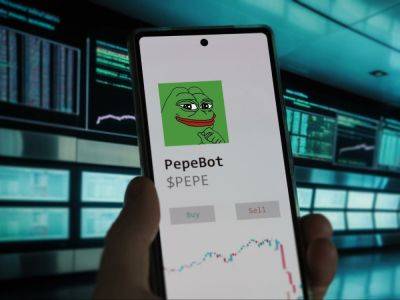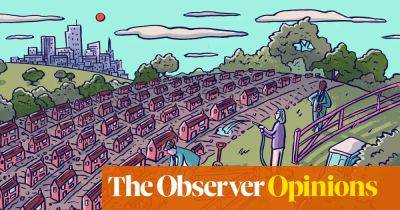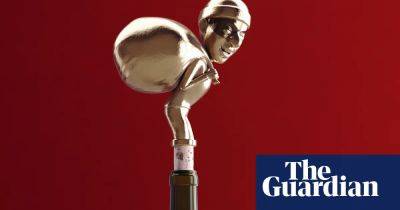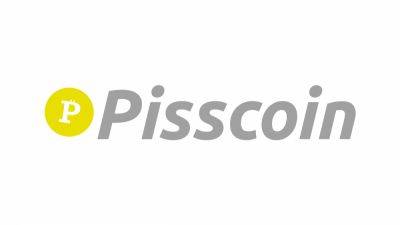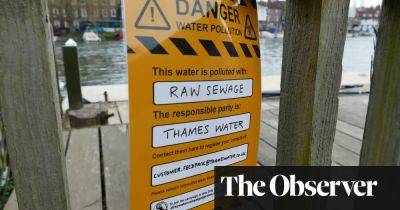Perhaps it’s time to admit it: drinking at work is an ugly hangover from the past
W hen she was about to leave her midwest home to head to drama school in New York in the 1940s, the actor Elaine Stritch’s father offered her some parental guidance. “Lainie,” he told her, “you are not the same after two martinis.”
Good advice, then and now. But while awareness of the harm that excessive alcohol consumption can do has grown in the intervening years, our relationship with booze has not necessarily improved all that much. And the use (or abuse) of alcohol at work remains a live issue.
The CBI is just the latest organisation to have its work-related, alcohol-fuelled behaviour scrutinised in the sober light of day. And while the No 10 Partygate saga appalled people on a number of levels, it was not just the flagrant breach of Covid restrictions that caused upset, but the excesses of drinking in an actual workplace – and quite an important workplace at that. A new survey from the Chartered Management Institute (CMI) suggests that, in the UK at least, our difficulties with alcohol at work continue. About a third of managers overall (33% of female managers, 26% of male ones) said they had witnessed harassment or other inappropriate forms of behaviour at work parties. The CMI’s chief executive, Ann Francke, says that it may be necessary to limit the amount of drink offered at work parties, or supervise events and behaviour much more carefully. Alcohol “doesn’t need to be the main event”, she told the BBC. This approach makes sense: overemphasising the “piss-up” factor is asking for trouble. But perhaps we also have to think a bit harder about the role of alcohol and what it represents.
What is really going on when we drink in a work environment? The organisational anthropologist John Curran says that there are
Read more on theguardian.com





